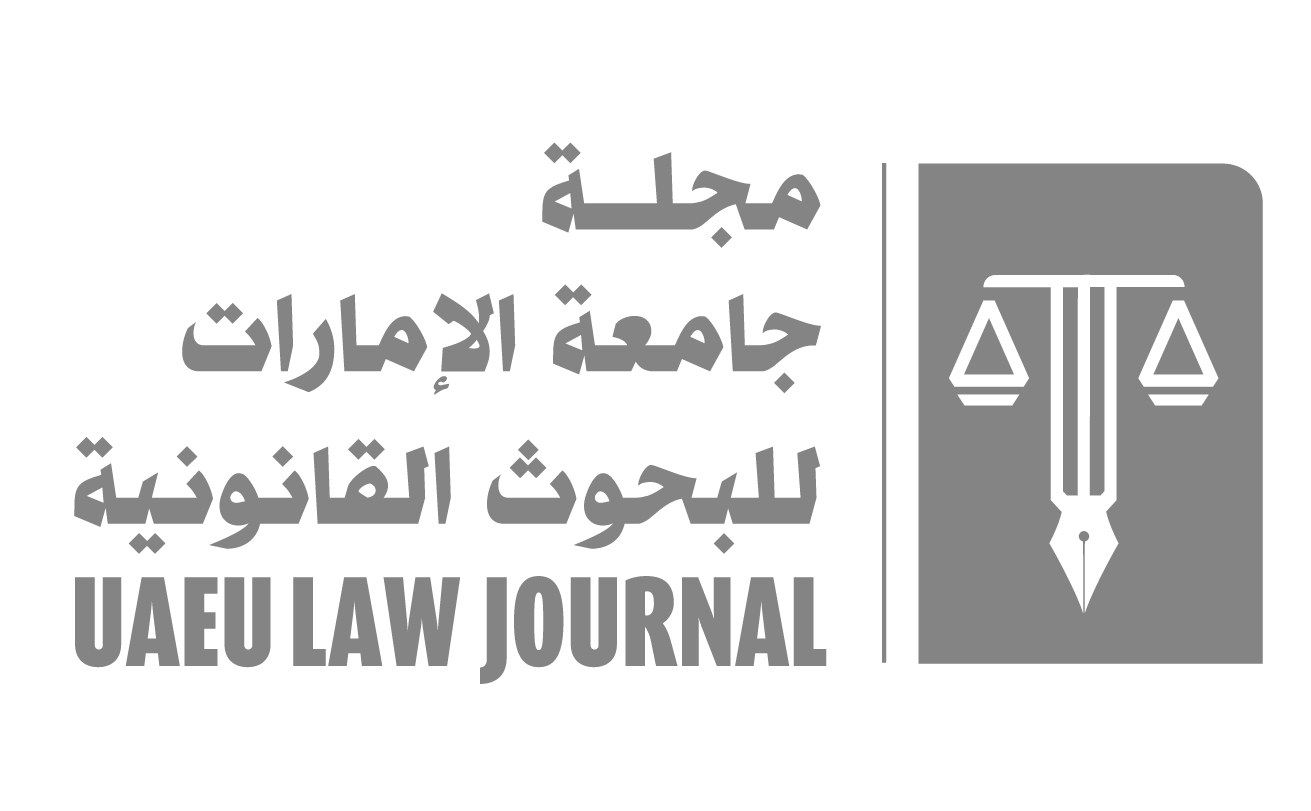
Abstract
Recently, the world experiencing major internet-based technological changes that led to the Fourth Industrial Revolution. of which blockchain and smart contract are technologies. The first is a large, open and distributed digital record and store data, backed up and exchanged between users, secure and more reliable manner without the intervention of a trusted intermediary, allowing the smart contract to automate the implementation of contract terms. This study, focused on trying to identify its impact on the official contract of the trading company and the extent to which it could compensate for the role of the notary. Which concluded that blockchain technology is considered electronic writing, but it cannot be adopted into evidence as traditional writing due to the inability to identify the parties, especially in the public blockchain. But at the same time, the Emirati legislator has digitized the work of the notary, in exchange for the silence of the Algerian legislator on the regulation of using the information technologies by the notary. Nevertheless, the blockchain and the smart contract as a technology based on the elimination of the role of trusted intermediary, cannot replace the role of the notary, but rather it will remain its assistant.
Recommended Citation
Krim, Dr. Karima
(2023)
"Formalization of the Trading Company Contract and the Challenges of the Fourth Industrial Revolution: An Analytical & Comparative Study,"
مجلة جامعة الإمارات للبحوث القانونية UAEU LAW JOURNAL: Vol. 94:
No.
94, Article 5.
Available at:
https://digitalcommons.aaru.edu.jo/sharia_and_law/vol94/iss94/5

